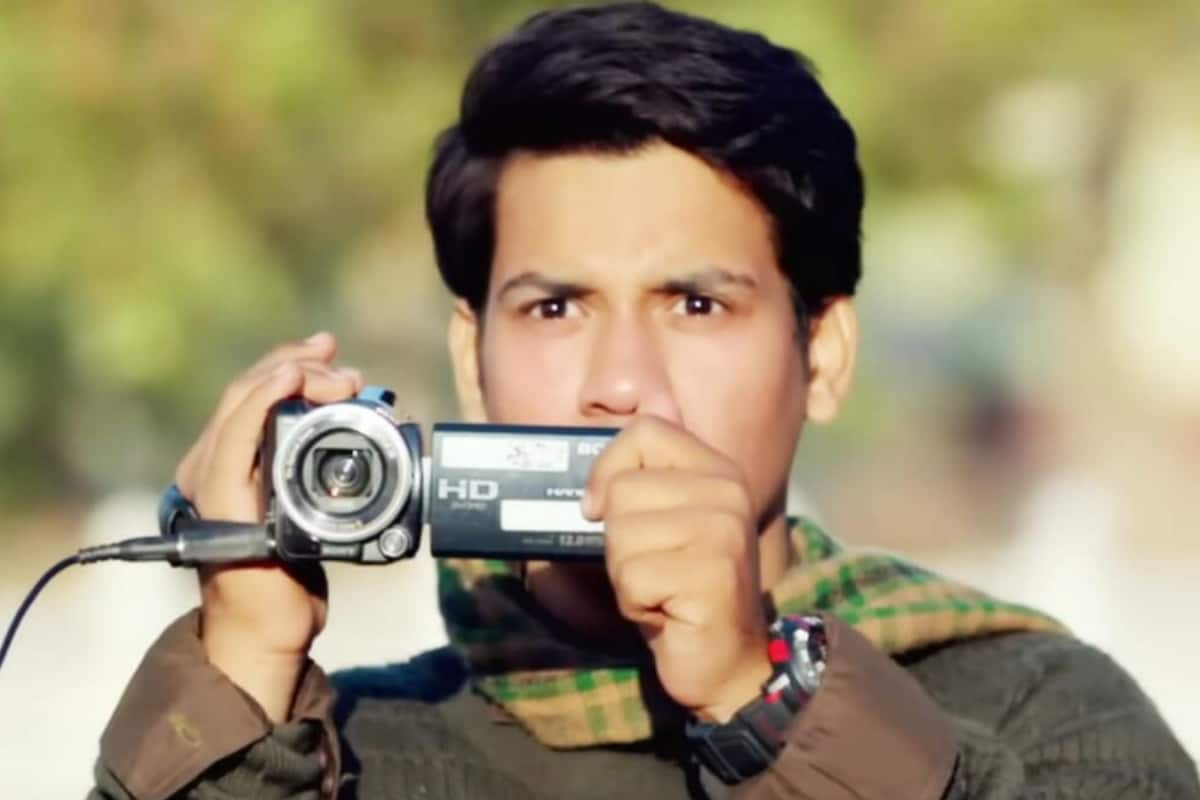

In the realm of Indian cinema, where cultural narratives often intertwine with religious sentiments, a fascinating phenomenon has emerged: Muslim actors portraying Hindu deities and characters, captivating audiences and achieving remarkable success. One such instance exemplifies this trend, resulting in a staggering ₹922-crore mega-hit.
The instance highlights the blurring lines of religious identity within the entertainment industry and the acceptance of diverse actors in roles that transcend their personal beliefs. Several Muslim actors have taken on Hindu roles throughout Bollywood's history. Veteran actor Aamir Khan played a Hindu IPS officer in "Sarfarosh". Shah Rukh Khan has played numerous Hindu characters in movies such as "Dilwale Dulhania Le Jayenge" and "Kuch Kuch Hota Hai".
Javed Pathan, a Muslim TV actor, said that religion is of no importance to him while playing over 10 Hindu mythological characters in various television series.
These actors' willingness to embody Hindu figures demonstrates a commitment to their craft and a desire to connect with a broad audience. For viewers, it can signify a celebration of India's syncretic culture, where different faiths coexist and influence one another. The acceptance of a Muslim actor in the role of a Hindu god can be seen as a rejection of religious prejudice and a validation of artistic talent above all else.
However, such portrayals are not without their challenges. India's socio-political landscape is complex, and religious sensitivities can be easily triggered. Certain groups may express disapproval, questioning the authenticity or appropriateness of a Muslim actor representing a Hindu figure. Actors and filmmakers may face scrutiny and even threats, requiring them to navigate a delicate balance between artistic expression and respect for religious sentiments.
Despite these potential hurdles, the success of films featuring Muslim actors in Hindu roles demonstrates the power of cinema to transcend religious boundaries and foster a sense of shared humanity. It underscores the idea that art can be a bridge between cultures, promoting understanding and empathy. By embodying characters from different religious backgrounds, actors contribute to a more inclusive and tolerant society.
The ₹922-crore mega-hit serves as a testament to the acceptance and appreciation of such portrayals by the Indian audience. It suggests that viewers are increasingly open to seeing actors from diverse backgrounds bring beloved characters to life, regardless of their religious affiliation. This trend reflects a maturing society that values talent and performance over rigid religious identities.
In conclusion, the success of a Muslim actor portraying a Hindu deity in a blockbuster film exemplifies the evolving dynamics of Indian cinema and society. It showcases the ability of art to transcend religious boundaries, promote inclusivity, and celebrate the country's rich cultural heritage. While challenges may persist, the willingness of actors and audiences to embrace such portrayals signifies a positive step towards a more tolerant and understanding world.